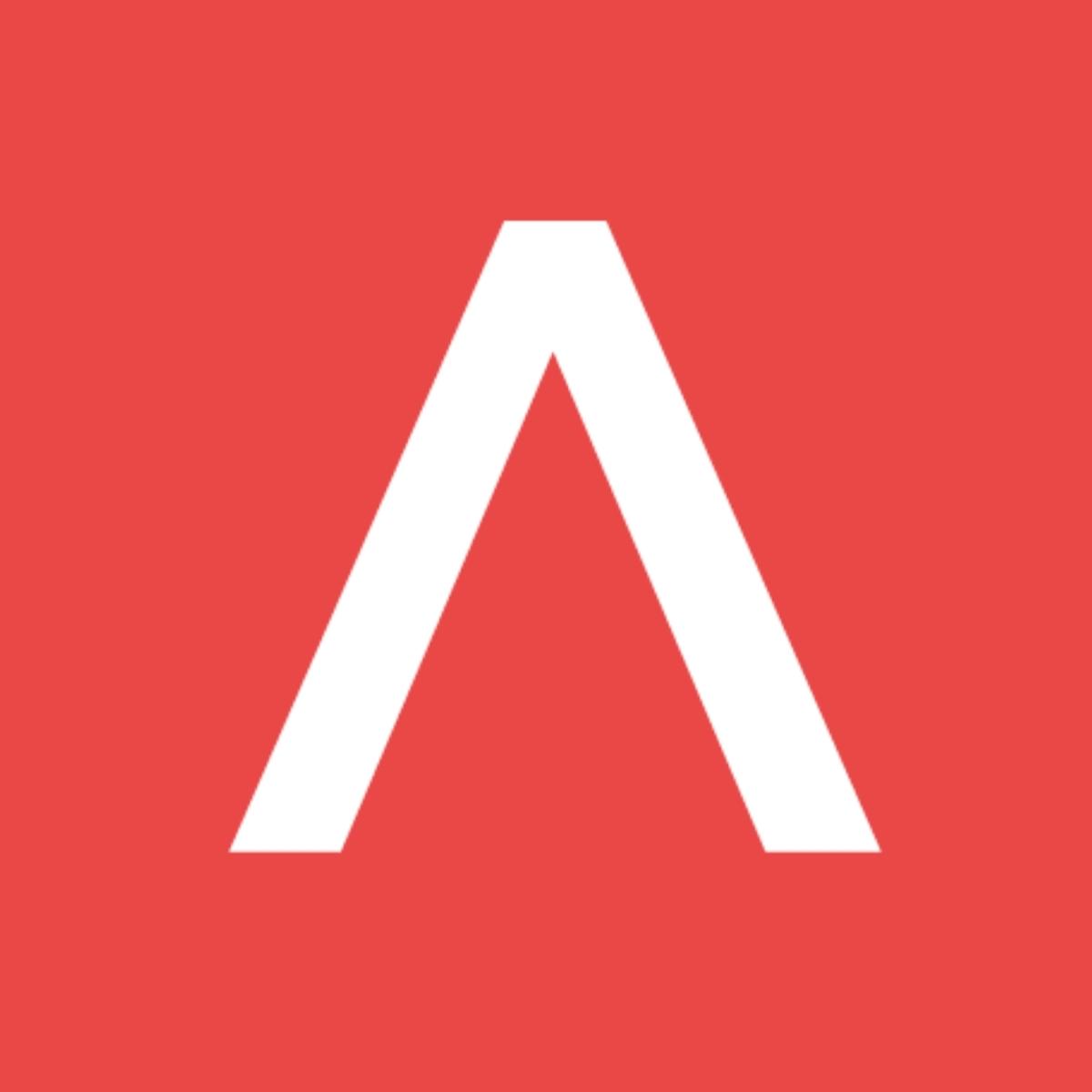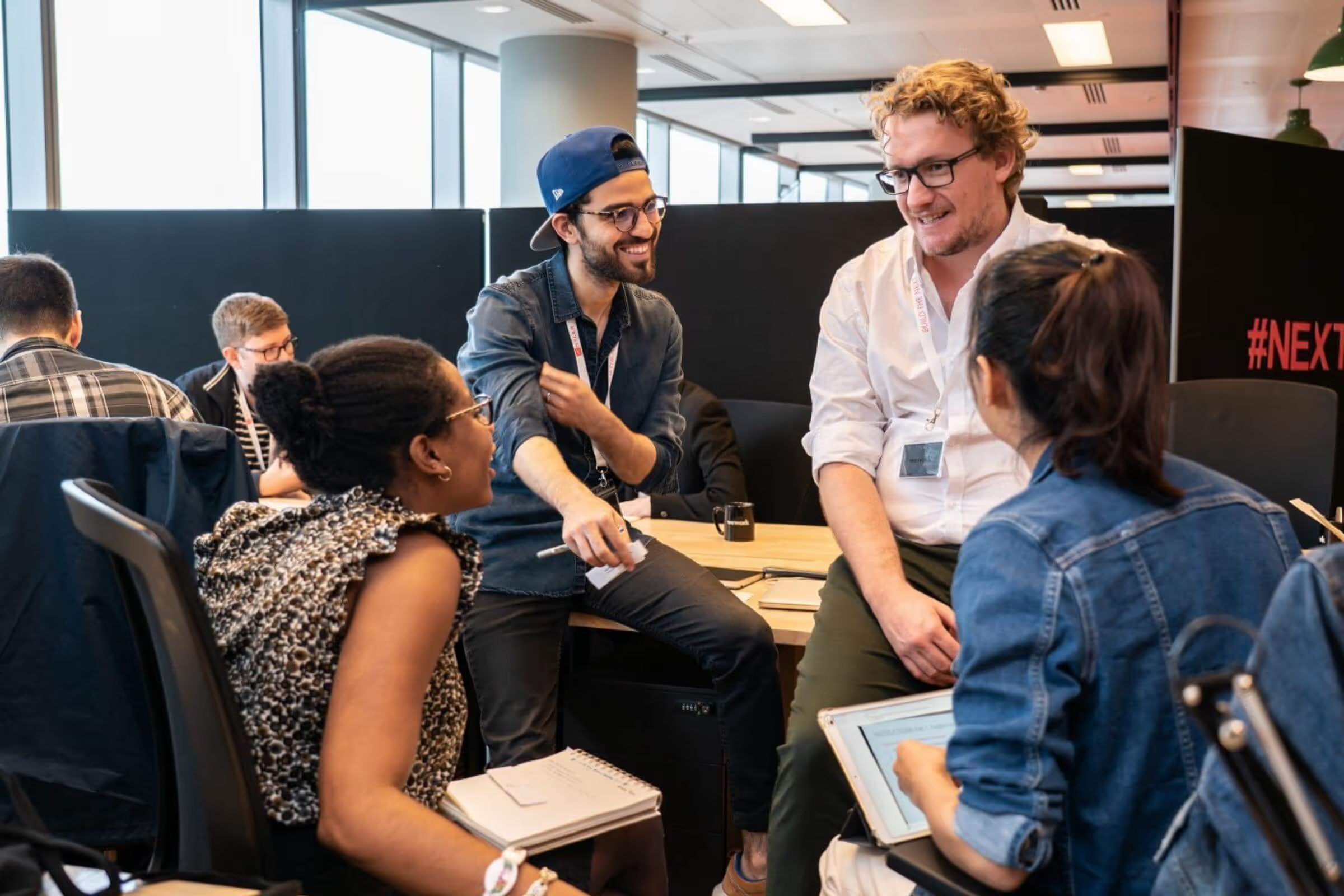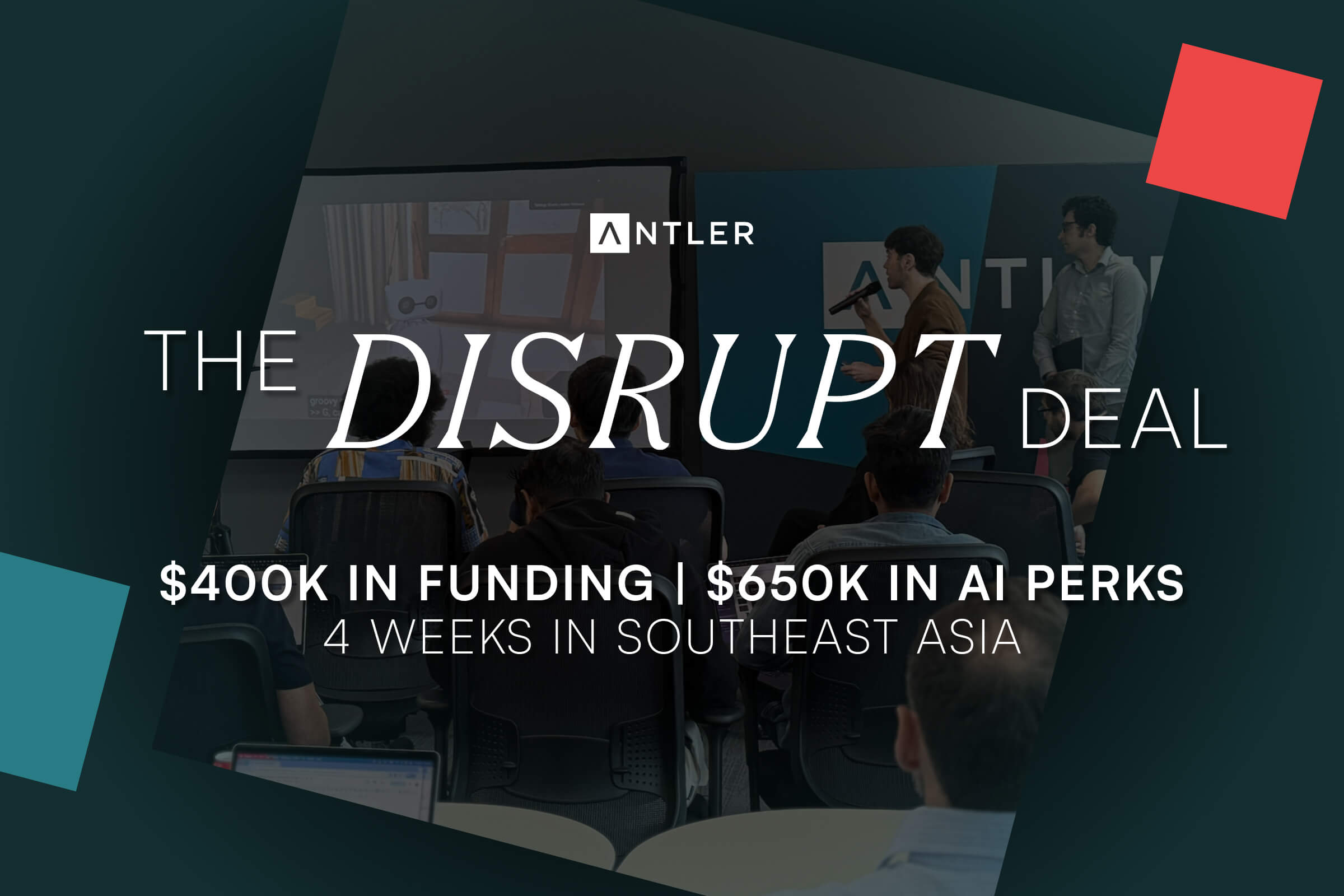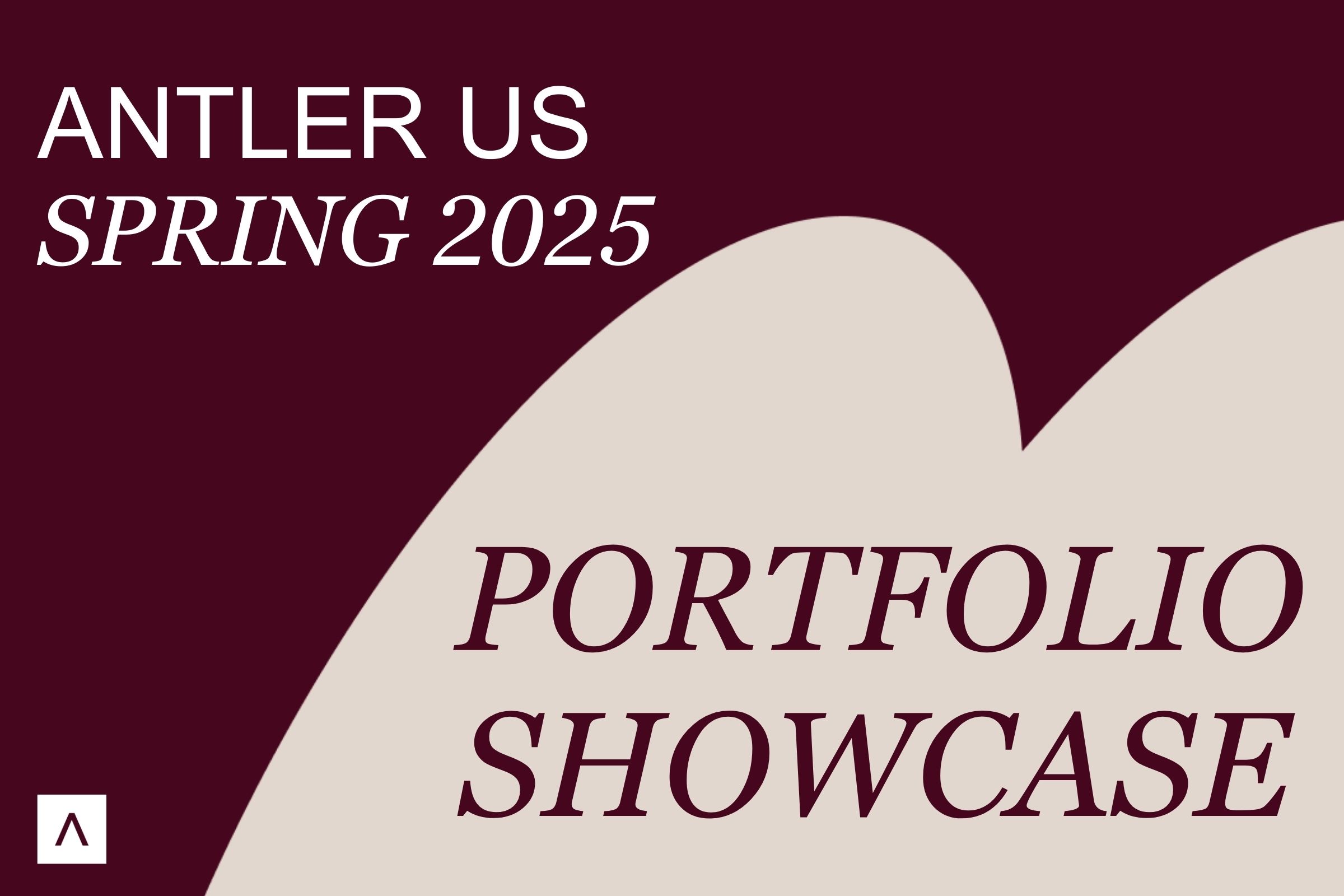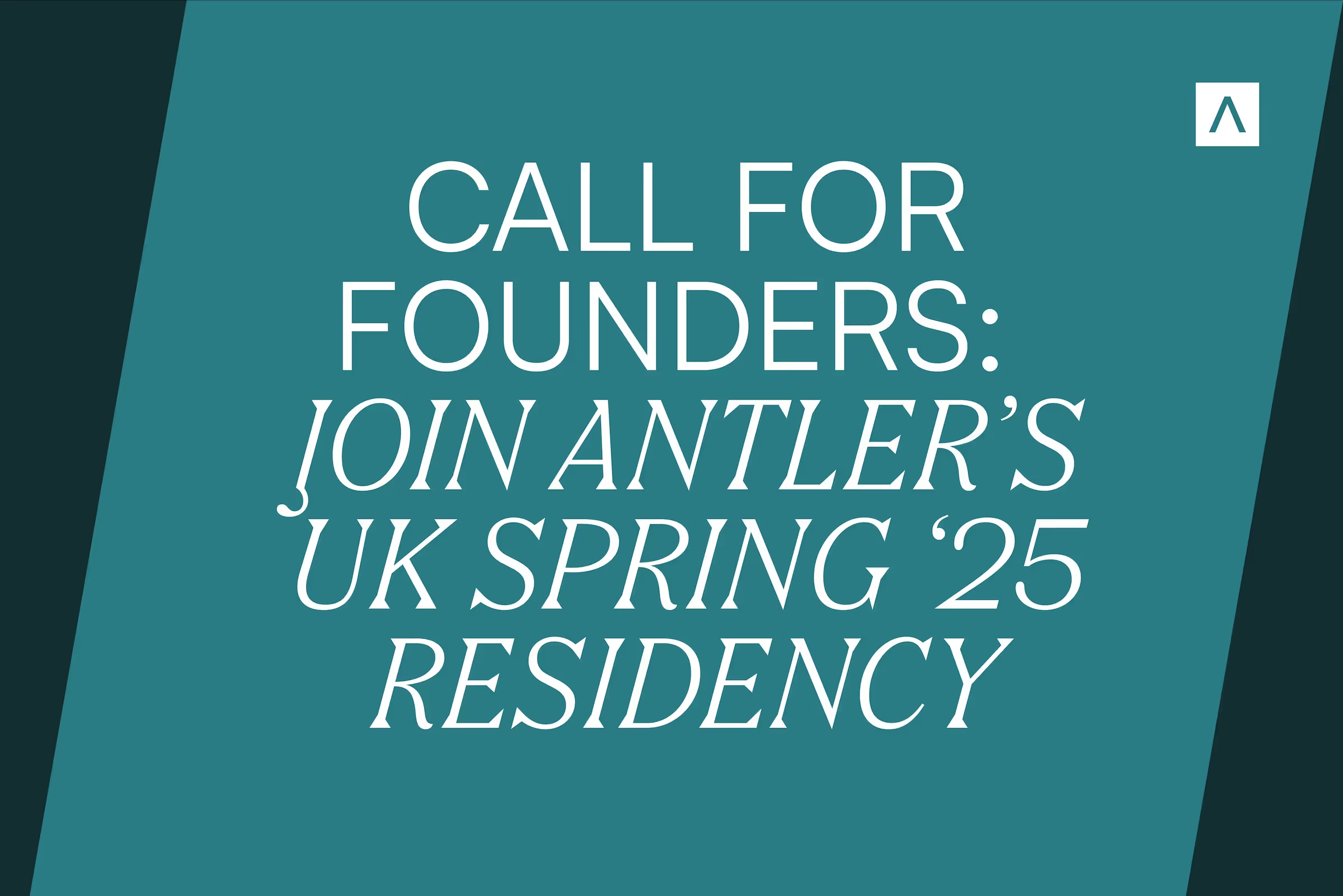Find out the key learnings from Sameh EL-Ansary, CTO Treyd, Alek Åström, CTO Done, Cornelius Ruckman, CTO Way, and Johan Gustafsson, CTO Insert Coin.

Why is speed so important in product development?
Alek: Speed trumps everything and this is the absolute most important metric to look for when you design a tech stack as an early-stage startup. You can always rewrite your app later, meaning you'll have a lot more data on what your actual needs are, but in the beginning, you need to prove yourself on the market.
Cornelius: When it comes to speed, there are always so many things you can skip: you don't really need many features, you just need to make the basic use case work really well and then try it out on real users. I think you'll find a lot of good insights if you just release your product and see what happens. Thanks to the early users' feedback, you can do a lot of things to improve the product.
Sameh: One thing is crucial: delivering business value and going forward. If you have resources to do it with technical elegance, do it. But if you don't, the speed is more important. You can always make the corrections of the design later. Being a perfectionist from the beginning is a dead end. You should remember that "premature optimization is the root of all evil" and it is very true in the world of tech startups. Our motto at Treyd is, "it has to work before it has to work well".
If I choose speed, do I have to sacrifice documentation?
Cornelius: We at Way would rather build very quickly, get more people on board, and if the product doesn't work, we just rewrite it — there is no time for documentation. We decided to take as much tech debt as we can in order to keep the speed, and if we survive the first fatal year of a startup, then we can rewrite everything. Speed is a complicated issue that should be treated individually, however, this is our take on that.
Alek: Speed is the most important thing but as soon as you start taking in more developers, suddenly you start to need the documentation. At the beginning, when you're a CTO and you're the only person in your team, everything is in your head. But as soon as you start taking in more people, it can be very difficult for the others to keep up and I think that's the point when you should start the documentation.
Should I build a company around my first customer or stick to my idea and look for ideal customers?
Johan: Here at Insert Coin, we had an idea and a vision. The issue now was to find customers who would buy the product. So we mixed these two things — we were looking for a customer who would fit into our vision, subsequently developing the product around it. Even if the product was not completely overlapping with our original vision, it helped us to get going.
Alek: If you're doing B2B, you get a big client who can finance your runway, and you need to lean into that. With B2C, however, it is different. You need to find your target audience before you start, and you can diverge your course during that process.
Should I use the open-source in building my startup?
Alek: There are a lot of benefits of working on open-source projects as a part of what you're doing technically at your startup. For example, we were very early adopters of Flutter so within the Flutter space we also needed to have video calls in our app and that's a very tight niche. There were not many libraries for that, but we finally found one from a Chinese company. It was working out for some time but it didn't have all the features that we wanted. However, by working closely with them, we earned their trust, allowing us to really speed up our development. Instead of building something ourselves, we were building a product on top of something else. Now our relationship with this Chinese company is excellent; as soon as we file an issue on that open-source project, they fix it in just a couple of hours. By building these connections for the most critical parts of your code, where you're interacting with an open-source, I think it can really benefit you in the long run. Working with open-source can be an edge for you to attract great talent in comparison with big companies because not all big companies allow their employees to interact with the open-source world during working hours.

How to be a successful CTO?
Johan: Being a good CTO is not always about being the best programmer or making the best decisions, even for your code; you really need to understand the business. Sometimes you have to make choices that might be bad for your developers, in order to prioritize your business. I think it is absolutely necessary for a CTO to be able to relate to issues and challenges that developers and a production team need to tackle on a daily basis. Otherwise, it is hard to be a leader. When it comes to making decisions, sometimes you don't have the luxury to program or develop the perfect technical solution. You need to make some sacrifices on the technical part to be able to get something out in the market as soon as possible. Here at Insert Coin, we had to do that a few times before, and we have operated some modifications to our solution, basically to have a client being able to integrate with our product. In the end, it opened more business opportunities for us, even though the solution itself wasn't perfect from a technical point of view. And even though I'm not completely proud of the technical fidelity of the product, it was best for the company as a whole.
Did joining Antler help you find a perfect co-founder and validate the idea before building the MVP?
Sameh: I'm extremely pleased with Antler. I'm a serial entrepreneur, I've built companies before, I have an extensive network, but when I wanted to find a co-founder to fintech, it was extremely hard to find someone who has the right mentality and skills. It's a game of luck but you can increase your chances. Without Antler, I could probably not have found such a great co-founder. Antler facilitated the whole process because you're choosing from a very good pool of people. I'm really happy how it went for me there.
Cornelius: I was sitting at home, wanting to start a company. I wouldn't have done it without Antler: the program gave me the motivation to make progress every day. I was really fortunate to have a good start like this.
Alek: At Antler, you're going full time from day one. You're focused 100% on your idea and building a company. When you're trying to do it on the side, meeting potential co-founders twice a week in a cafe, it's simply not the same as with the Antler program.
Launch your startup with Antler!
Antler is a global early-stage venture capital firm enabling and investing in the world's most exceptional people building the defining companies of tomorrow.
Antler provides funding from day one to exceptional individuals looking to build their next startup. Antler also provides a clear and direct path to raising capital, and helps these entrepreneurs find their ideal co-founder(s), test and validate their ideas as well as gives them access to a global top-tier network of 400+ advisors, so they can build and scale their technology startup.



